Visa-Free Entry for Chinese Tour Groups, Retail Expectations of ‘Youke Boom,’ Variables of Travel Patterns and Spending Power
Input
Changed
Return of Chinese Tourists Begins This Month Revitalization Hopes for Sluggish Tourism and Retail Markets Relief Anticipated for Struggling Retail and Duty-Free Sectors
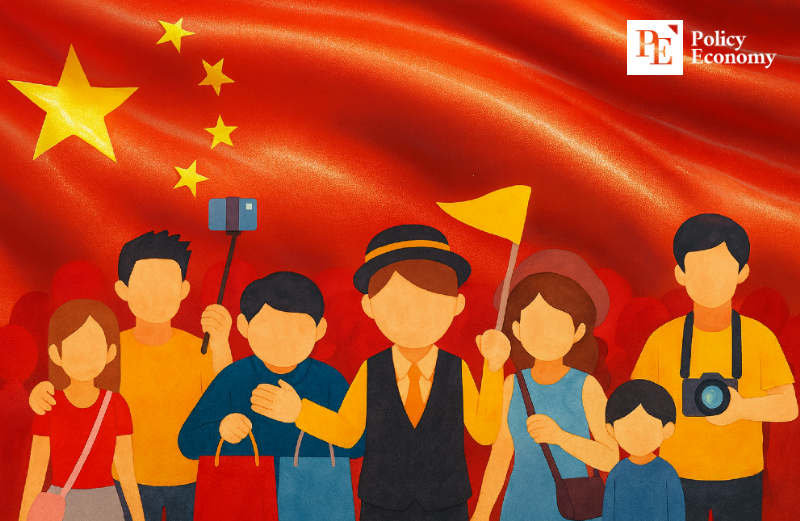
Starting on the 22nd, the South Korean government will begin accepting group applications for Chinese tourists eligible for visa-free entry. This marks the first such measure in seven years since the 2018 PyeongChang Winter Olympics, aimed at capturing inbound demand ahead of China’s National Day holiday and injecting momentum into the depressed tourism and retail sectors. Duty-free stores and department stores are bracing for the long-awaited “youke windfall,” though China’s economic downturn and shifting consumption patterns remain uncertain variables.
Visa-Free Entry from the 29th
On the 7th, the Ministry of Culture, Sports and Tourism and the Ministry of Foreign Affairs released a joint plan detailing temporary visa-free entry for Chinese group tourists. The policy allows groups of at least three Chinese nationals, organized by accredited domestic or overseas travel agencies, to enter Korea without a visa and stay for up to 15 days. Group travelers must use the same flight or vessel for both entry and departure.
Meanwhile, existing visa-free rules remain in effect for Chinese individual or group tourists visiting Jeju Island, who may stay up to 30 days under the 2002 Special Act. Other exemptions also continue: transit passengers via Incheon, Gimpo, or Gimhae bound for Jeju (within five days), Japanese group visa holders in transit (within 15 days), Incheon Airport transit passengers (within 72 hours), and student groups on educational trips (within 30 days).
The announcement comes one month after the government’s “Tourism Revitalization Mini Policy Task Force” meeting. On August 6, chaired by the Prime Minister, the government decided to allow visa-free entry for Chinese group tourists for nine months, from September 29 to June 30 next year. Since China’s full liberalization of outbound travel to Korea in June 2000, this marks only the second time the Korean government has extended visa-free entry to Chinese groups, the first being during the PyeongChang Olympics (December 2017–March 2018).
A Potential Breakthrough for Domestic Demand
The government’s move is aimed at stimulating domestic demand and boosting regional economies. The duty-free sector, in particular, has the highest expectations from the increase in Chinese arrivals. Despite a bustling summer season, duty-free operators saw revenues tumble. According to the Korea Duty Free Shops Association, July sales totaled $670 million, down 8.6% year-on-year and 15.2% month-on-month — even lower than January’s $690 million, the weakest month so far this year. Yet visitor numbers rose to 2.58 million, up 9.2% from a year earlier and 2% from June. In other words, traffic increased but average spending fell. Per-capita spending declined 16.3%, from $310 in July 2023 to $245 this year.
Since the collapse of the Chinese tourist boom, the duty-free industry has faced prolonged stagnation across both city and airport locations. Airport concessions have struggled more severely. Hotel Shilla’s retail weakness overshadowed gains in its hotel business, slashing first-half operating profit by 84% year-on-year and pushing net income into the red. Unlisted Shinsegae DF also swung to a loss: after recording a $73 million operating profit in 2023, it reported a $15 million deficit last year, despite a slight revenue uptick.
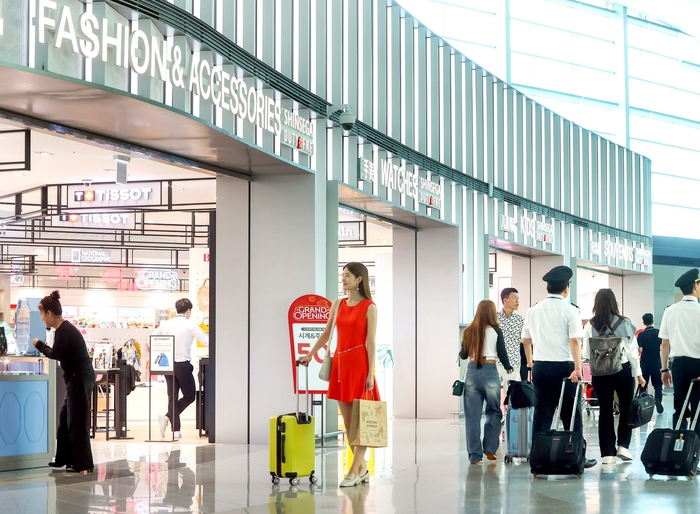
China’s Economic Malaise Dampens Spending Power
Amid these challenges, the return of Chinese tourists is widely viewed as a lifeline. With Chinese nationals estimated to account for over 70% of duty-free sales, their comeback is expected to provide significant upside. Shinsegae Duty Free has recently strengthened ties with China’s Wu Shang Group and Wangfujing Group, while Lotte and Shilla have engaged with China Tourism Group, parent of China Duty Free Group, to secure partnerships. Department stores also see opportunity, as the share of foreigner-driven sales has been expanding despite overall growth moderation. At Hyundai Department Store, for example, foreign sales surged from the 3% range in 2022 to the mid-10% range last year.
Still, China’s sluggish economy suggests that spending power is unlikely to match past levels. An industry insider noted, “The days when large tour groups came and spent heavily are already gone. Chinese tourists no longer spend abroad as they once did.” According to the Ministry of Culture, Sports and Tourism, shopping accounted for 68.2% of Chinese visitors’ activities last year, down sharply from 95.1% in 2019. Another source pointed out, “In the past, travelers would book low-cost packages and allocate leftover budgets to duty-free shopping, but with airfares and lodging costs now sharply higher, that model is no longer feasible.”
The shift extends beyond duty-free. Consumption patterns are evolving from shopping to experiential activities. A report by the Korea Small Business Institute highlighted that Chinese tourists are increasingly prioritizing dining and sightseeing over retail purchases. With thinner wallets at home and high inflation in Korea, the burden on Chinese consumers has only grown heavier.

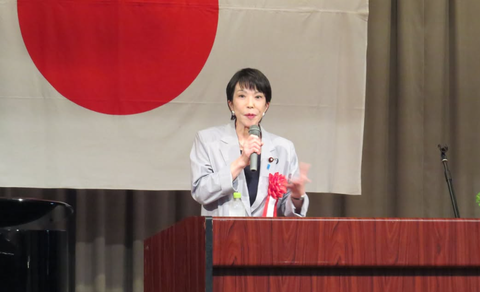
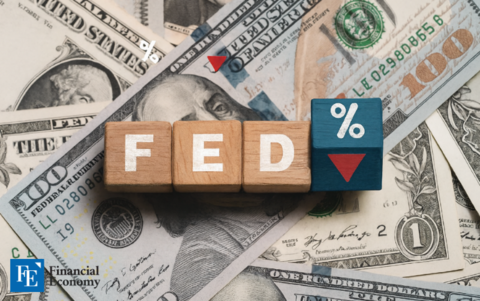

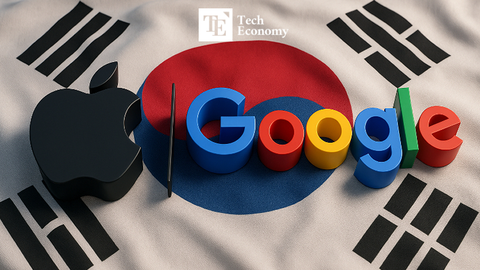
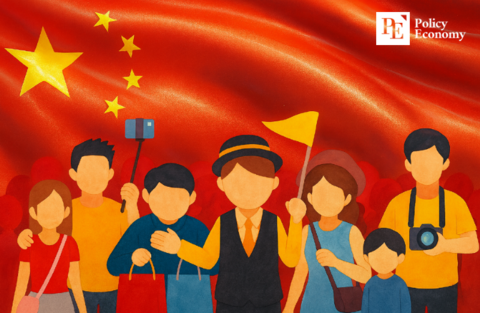

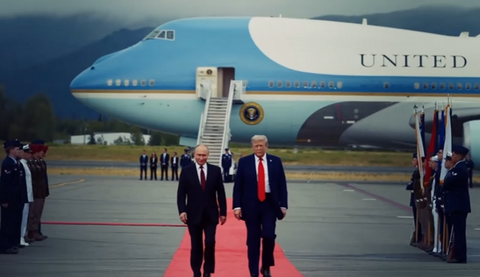
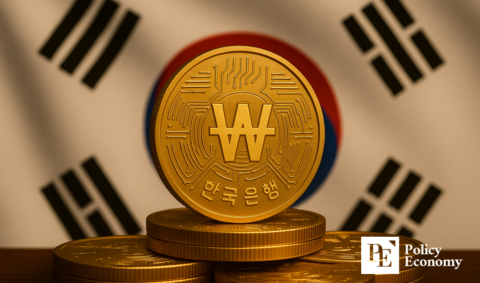
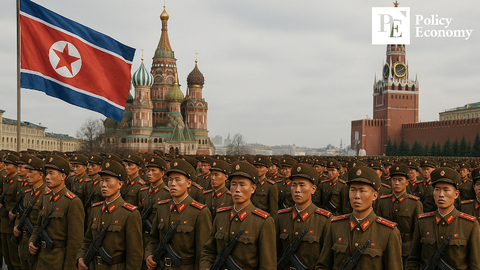












Comment